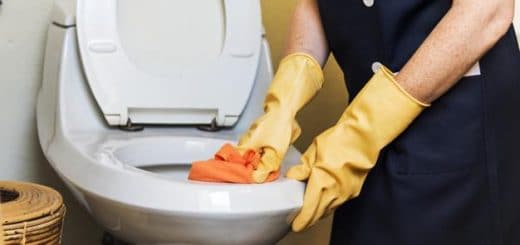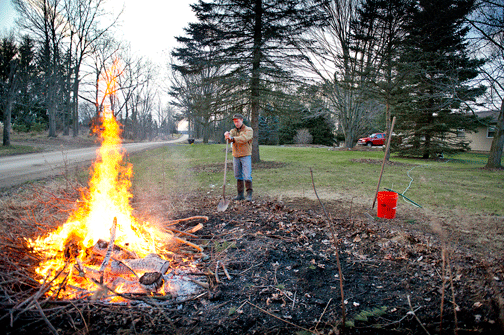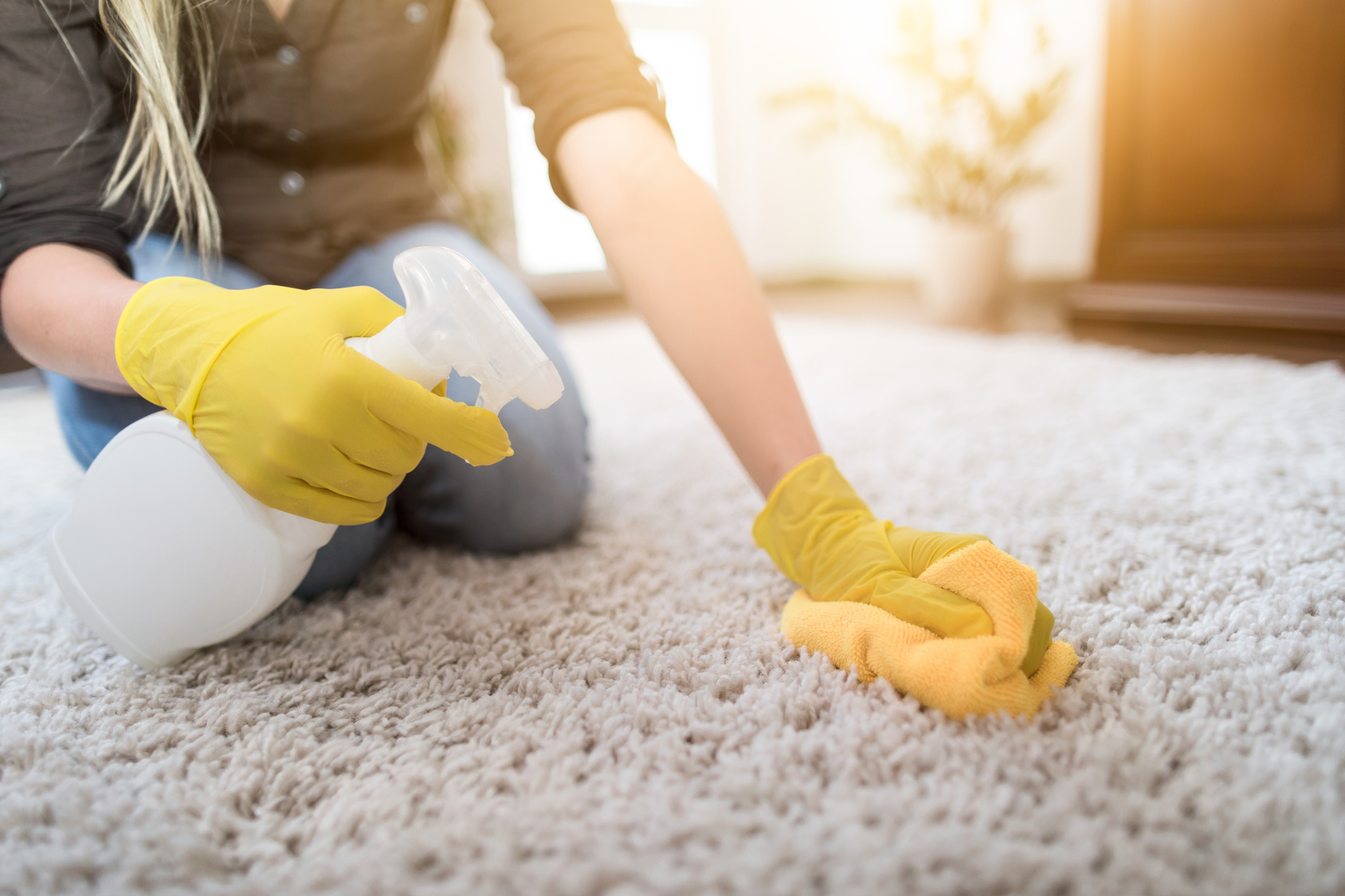How to Help a Hoarder Get Rid of Their Things
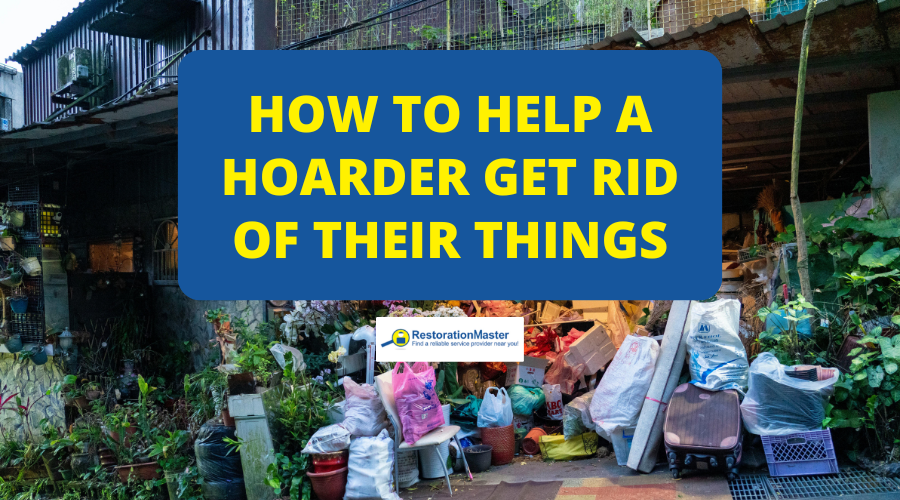
Hoarding is more than just holding onto things — it’s a complex condition marked by the excessive accumulation of possessions and a persistent difficulty in discarding them. Over time, this behavior can create unsafe, unsanitary, and overwhelming living conditions, posing serious risks not only to the individual but also to anyone who visits their home.
If someone you care about is struggling with hoarding, it’s important to approach the situation with compassion and patience. Helping them declutter isn’t just about cleaning up — it’s about supporting their well-being and restoring comfort and safety to their space. Here are some thoughtful ways you can help them begin the process of decluttering and regaining control of their home.
Why Do People Hoard?
The clear cause behind a hoarding disorder is unknown. However, experts point to genetics, brain function, and stressful life experiences as possible causes. According to the Mayo Clinic, hoarding disorder starts as young as 15 to 19 and worsens with age. Several risk factors may be behind a hoarding disorder.
Certain personality traits, such as trouble making decisions and problem-solving, make people more prone to hoarding. Someone with a family history of hoarding is likely to inherit the disorder. A person may begin hoarding if they have difficulty coping with stressful life events, like the death of a loved one.
Why Is It Hard for People with a Hoarding Disorder to Get Rid of Things?
Individuals who hoard are unable to let go of their belongings, even when these items are soiled and unusable. The mere thought of parting with their goods causes them severe emotional distress. This extreme avoidance of tossing unusable items is thought to be due to mental health issues.
Obsessive-compulsive disorder, for instance, may be behind the hoarder’s unwillingness to part with possessions. Similarly, anxiety and depression can be culprits. Additionally, hoarders may feel debilitating guilt, financial stress, or fear of the future, which prevent them from discarding items.
What are the Dangers of Hoarding?
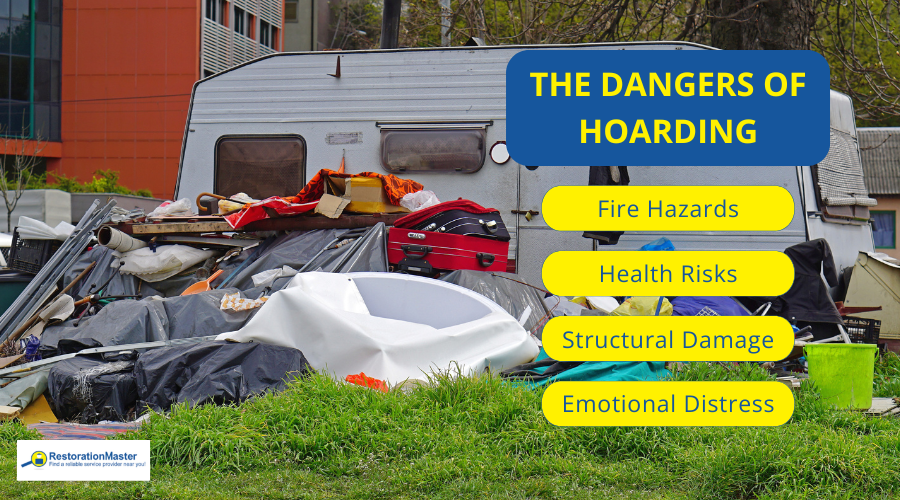
Several dangers are associated with hoarding. A home overwhelmed with clutter is unsafe. Fire exits are blocked by debris. Piles of boxes can fall on visitors or the homeowner, leading to entrapment or injury. Occupants in the hoarded home are at a higher risk for falls.
Cleanliness is a concern, as the hoarded home teems with bacteria and other pathogensPathogens are microorganisms such as bacteria, viruses, or f... More. Aside from fire hazards and health risks, a hoarded home causes the homeowner to experience negative psychological repercussions. The individual who hoards feels lonely and isolated, and family conflicts may arise.
How to Help a Hoarder Who Doesn’t Want Help
The person suffering from a hoarding disorder may not agree that they hoard. As a result, they are unlikely to accept help with hoarding cleanup. In these cases, attempting to trick or force the individual to clean up is unhelpful in the long run and may cause the person to withdraw further.
Instead, encourage them to seek mental health support when they are ready. Many hoarders suffer from depression or anxiety, which contribute to their disorder. Advise them on what to expect at the doctor’s office and how cognitive behavioral therapy can help them develop healthier behaviors.
Focus on eliminating fire hazards and overall safety risks. It’s important for the individual to stay safe in their own home by ensuring fire exits are accessible. However, do not clean the home for the hoarder unless they provide permission; discarding items feels like a betrayal to them.
Be patient with the individual. Offer emotional support without being judgmental or confrontational. In time, they may open up and be willing to accept help to declutter and address their mental health issues. Express care and love, even when they are in strong denial about their disorder.
How to Help a Hoarder Get Rid of Their Things
When the hoarder is willing to accept help, start the cleaning process. Show respect for their belongings, as even the most insignificant items hold value to them. Receive the hoarder’s permission before touching or discarding items. Without this show of respect, they may not want help at all.
Start clearing out belongings from one area, then move on to another room. With each decluttered space, celebrate the win. Recognizing even the smallest achievements is encouraging. Remind the individual to take the cleaning process one step at a time.
When to Contact Hoarding Cleanup Professionals
Families, friends, and other loved ones who are concerned about the hoarder’s health and safety during the cleanup find support from various cleaning professionals. Experts to consider include professional organizers as well as companies that specialize in estate and hoarding cleanup.
Cleanup professionals safely handle a wide range of dangerous materials, from pest droppings to flammable goods and other hazardous items in the hoarder’s home. Everyone stays safe when the cleanup is delegated to professionals with experience cleaning hoarded homes of any severity.
Hoarding is a sensitive topic that should be treated with gentleness and understanding. It’s important for the hoarder to receive therapy or medications for their condition. Once their disorder is being treated, seek the services of a hoarding cleanup company.
Professional Hoarding Cleaning
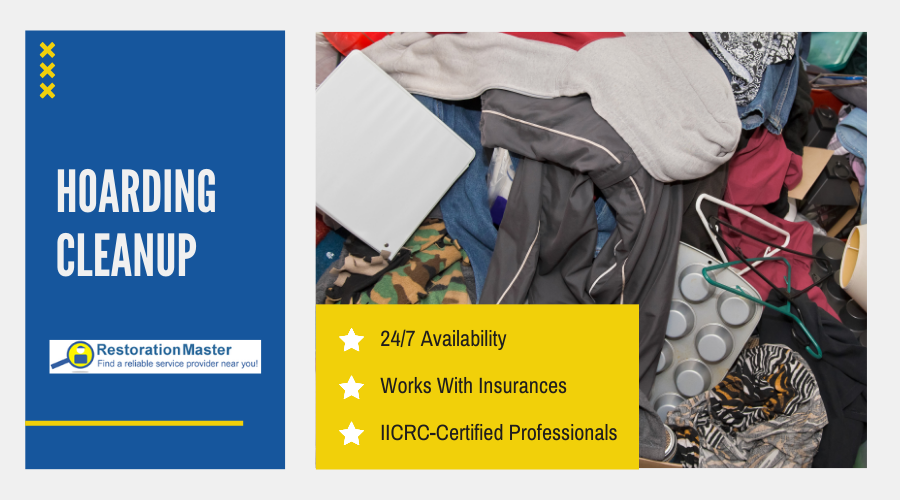
Hoarding cleanup professionals approach the process with compassion to earn the trust of the individual with the hoarding disorder. They then work with them to develop an effective cleanup plan, which outlines what items are to be discarded, donated, or recycled.
During the cleanup, specialists remove flammable items and clear blocked fire exits. They provide deep cleaning and odor removal services, too. Technicians thoroughly clean moldMold is a type of fungus that grows in damp or humid conditi... More, bacteria, and debris with advanced cleaning solutions and equipment and then declutter and reorganize the area.
As a part of comprehensive hoarding cleanup services, we formulate a cleanup plan for the hoarder to follow once the home is decluttered. Specialists generally follow up with the individual via phone over the short term, offering extra cleanup services as needed.
Compassion is the foundation of hoarding cleanup services. Hoarding is caused by underlying factors, and recovery takes time. Cleaning professionals are committed to helping hoarders live in hygienic homes with the comfort and safety they deserve.










